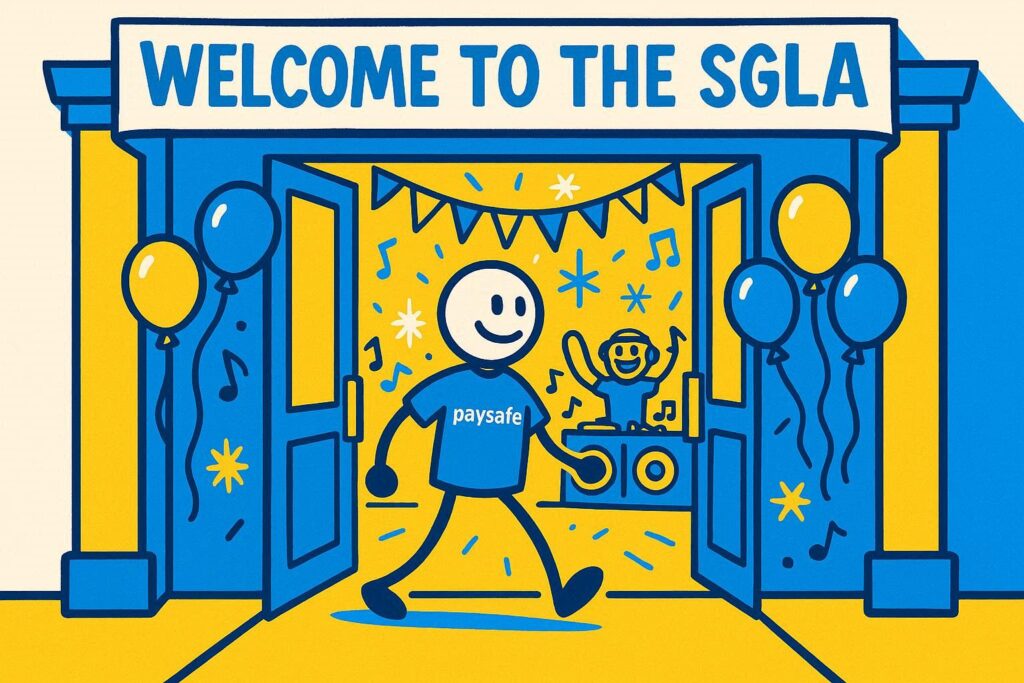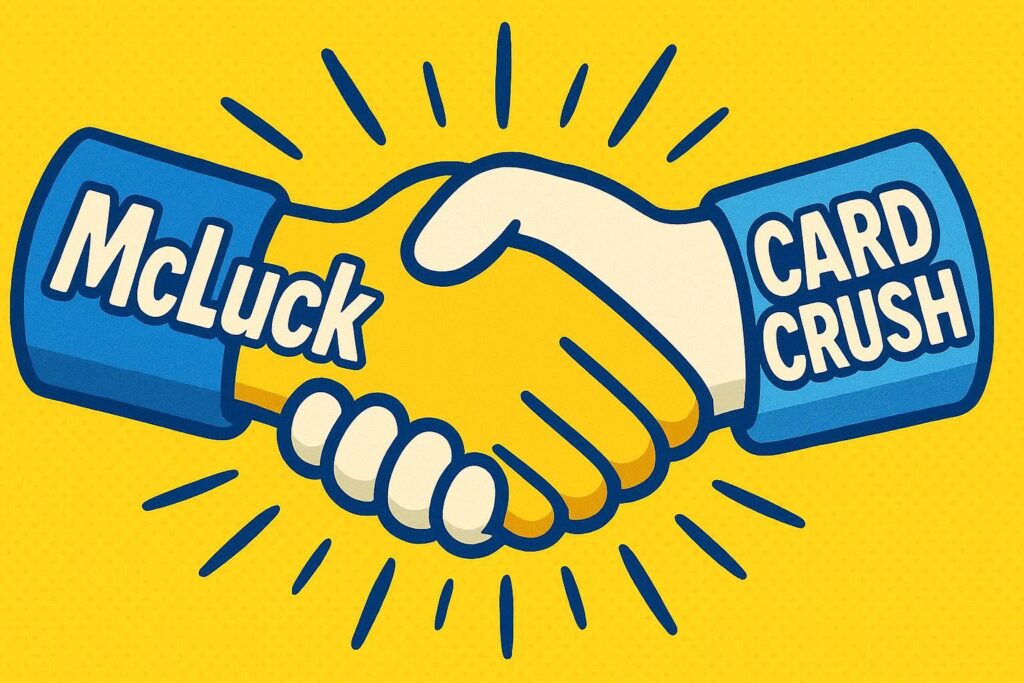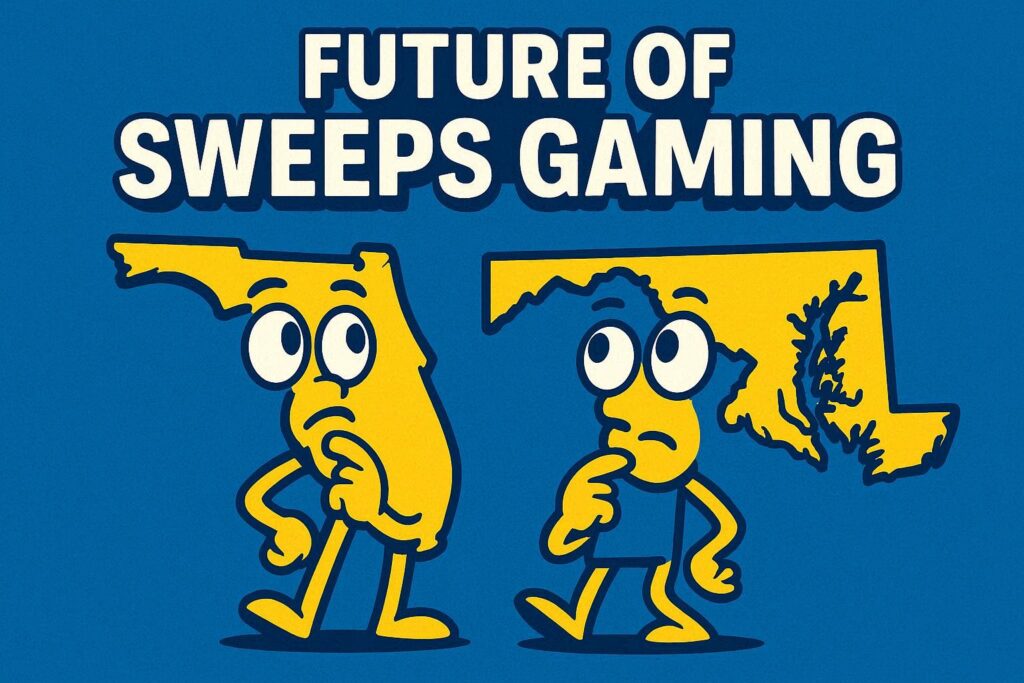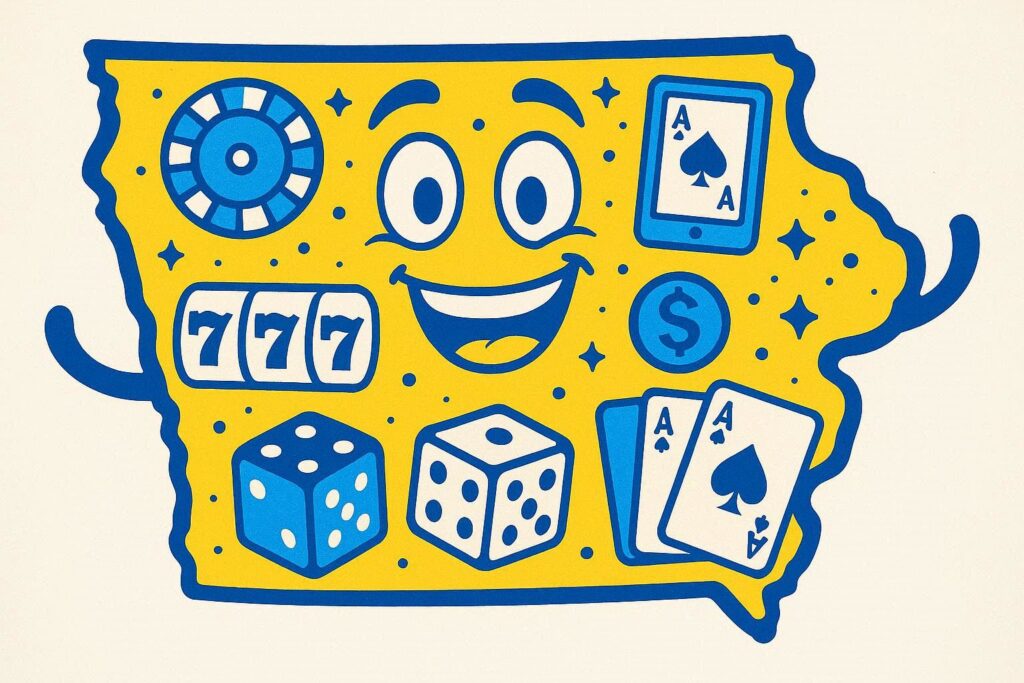Another vendor in the United States online gaming space is pulling back from its involvement with the sweepstakes casino.
Skywind, the developer behind slot titles such as Joker’s Luck, Big Buffalo, Super Lion, Wild Fish Bonanza, Big Top Bonanza Megaways, and 8 Tigers Gold Megaways, is pulling its games off of the sweeps casino WOW Vegas, according to a message shown to players after they log into WOW Vegas this week.
That message?
“Starting September 5, 2025, Skywind games will no longer be available on our platform, followed by Pragmatic Play games on September 8, 2025.”
Sweepsy accessed WOW Vegas from IP addresses in Alabama and Iowa and we saw this same message in both instances, suggesting this is a nationwide withdrawal of games on WOW Vegas — not just in California, where a lawsuit was filed recently that is spurring decisions from vendors like this from Skywind to pull back on partnerships with sweeps casinos.
Skywind, which also provides its games to real-money operators around the world, has not yet replied to a request for comment.
Pragmatic Play, Playtech, and now Skywind
This move from Skywind arrives amid a flurry of similar decisions from other vendors, with legal turbulence affecting the sweepstakes casino space thanks to a landmark lawsuit in California.
On Aug. 28, California launched a sweeping lawsuit against Sweepsteaks Ltd. (operator of Stake.us), the livestreaming platform Kick, and several leading software suppliers — among them Evolution, Hacksaw Gaming, Red Tiger, and Big Time Gaming. The state accuses them of orchestrating an illegal sweepstakes gambling scheme aimed at Californians.
Skywind is not present in the list of this lawsuit’s defendants, but that clearly isn’t stopping it from enacting this response. It’s a response similar to Playtech, which also isn’t listed in the lawsuit but recently pulled all its games from VGW sites — Chumba Casino, LuckyLand Slots, and Global Poker — in California, VGW told Sweepsy.
Pragmatic Play told Next.io it would pull its games from U.S. sweepstakes casinos. That announcement followed Evolution’s withdrawal from Stake.us earlier in the week.
California isn’t just looking for payouts. The lawsuit asks the court for injunctions and civil penalties — a strategy that sidesteps arbitration clauses and marks a far more forceful approach to enforcement. In short, it’s a shot across the bow for both sweepstakes operators and their technology partners.
Setting a precedent?
This is the first time a U.S. state — not an individual consumer or a class-action lawyer — has taken direct aim at sweepstakes casinos. That makes it a precedent-setter.
When a state sues, it’s more than a private dispute. This case is the government itself asserting its authority to regulate gambling activity. That elevates the stakes considerably — from refund checks and settlements to injunctions, penalties, restitution, and even the prospect of criminal referrals.
The message is clear: Sweepstakes casinos now face scrutiny at the highest level. And even companies not named in the lawsuit, like Skywind and Playtech, are feeling the pressure — following the lead of Evolution and Pragmatic Play in distancing themselves from the market.
Assessing the real impact of lawsuit and ensuing vendor decisions
This California lawsuit, and the ensuing vendor reactions, is a blow. Other games developers may continue to follow suit, and that’s bad news for sweeps.
However, life will go on. For larger sweeps operators, the impact will be minimal — especially for companies like VGW that produce games in-house, as well.
“We are not reliant on third party games suppliers and our brands still offer a vast library of world-class free-to-play games,” a VGW spokesperson told Sweepsy, “many of which are created by our amazing in-house games studios that provide our players with leading, exclusive content.”
If bigger vendors leave, other smaller, perhaps up-and-coming games developers will want to take their place. You’ll miss some popular titles, yes, but it’s not like WOW Vegas and other sweeps casinos now won’t have enough games to keep players happy and engaged.
The effect here is more one of perception.
One: Again, these exits makes it more likely that other companies will follow suit.
Two: This creates bad optics in the eyes of lawmakers around the country, but especially California. If reputable games developers are severing ties with sweeps casinos, lawmakers may form negative opinions of sweeps operators. And that’s especially bad news in California, where key votes are upcoming for Assembly Bill 831, which would ban sweeps casinos in California — which, according to Eilers & Krejcik Gaming, accounts for 17.3% of the U.S. market.








